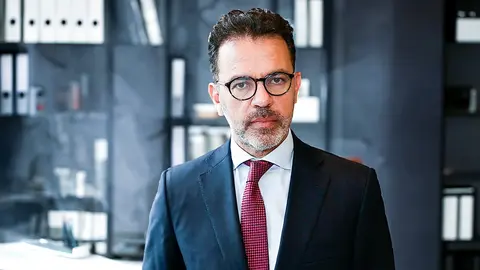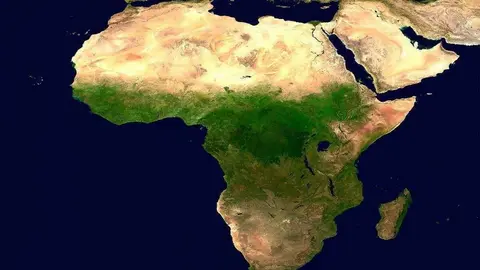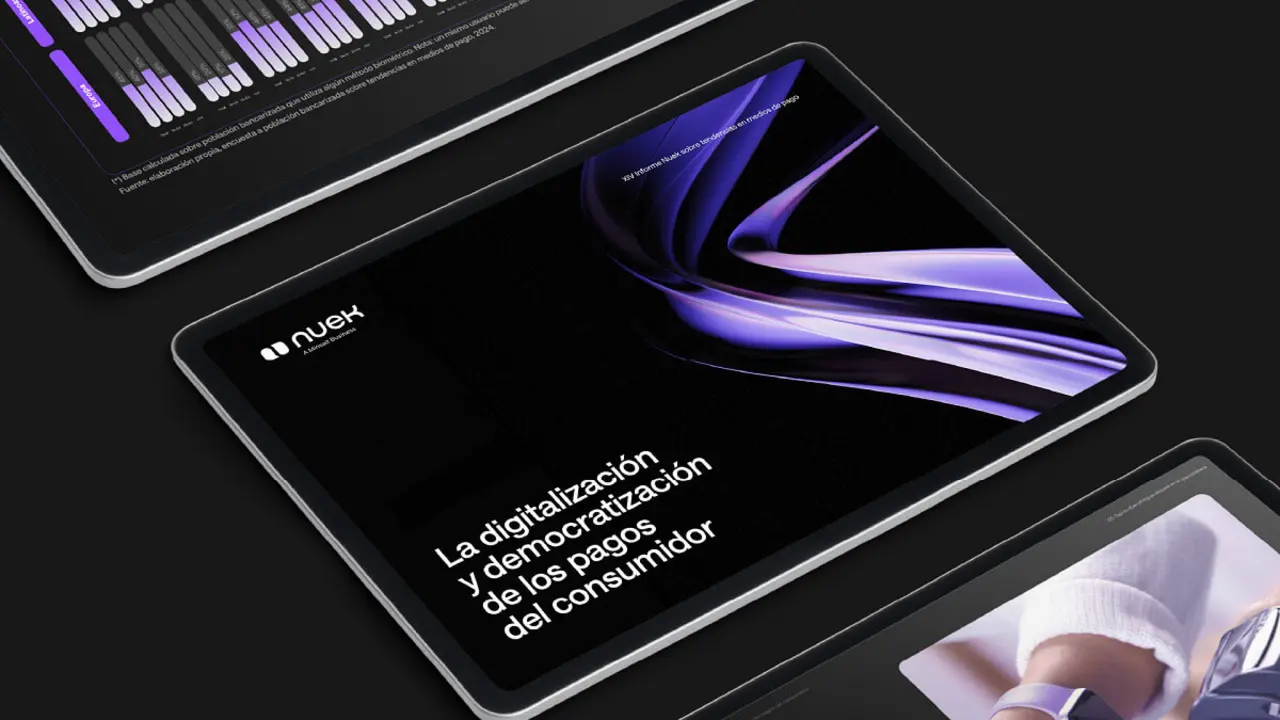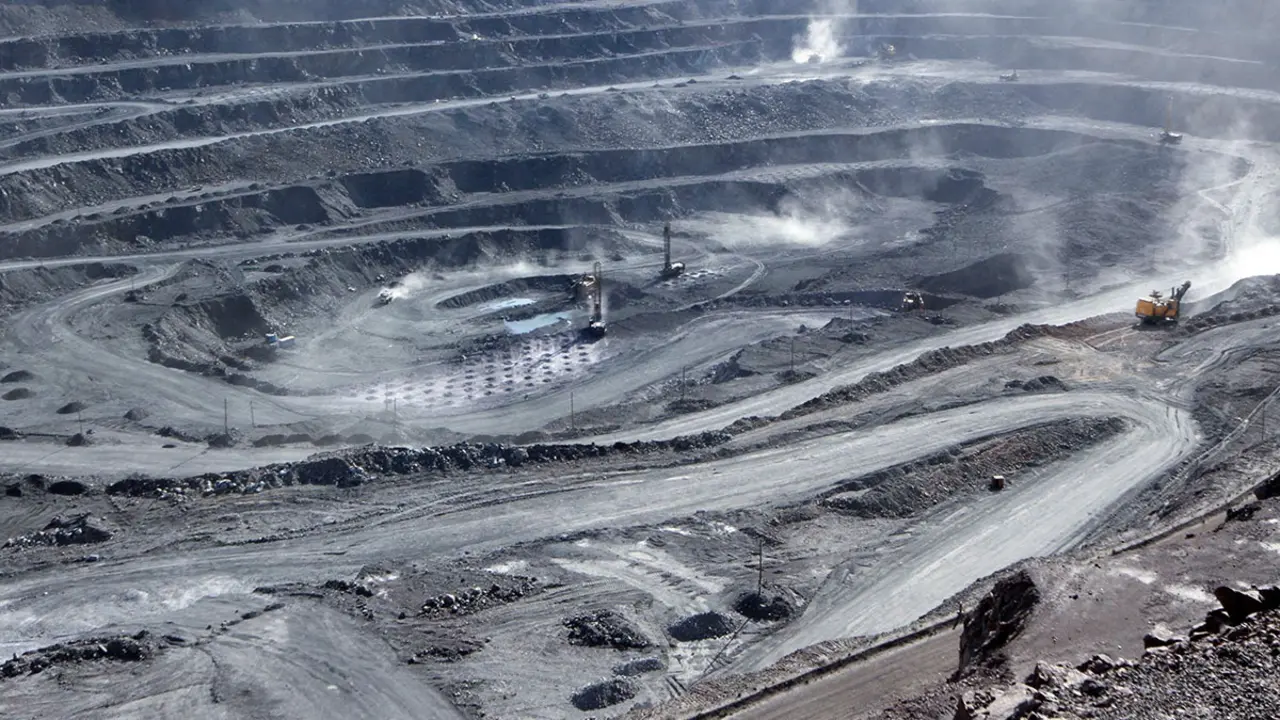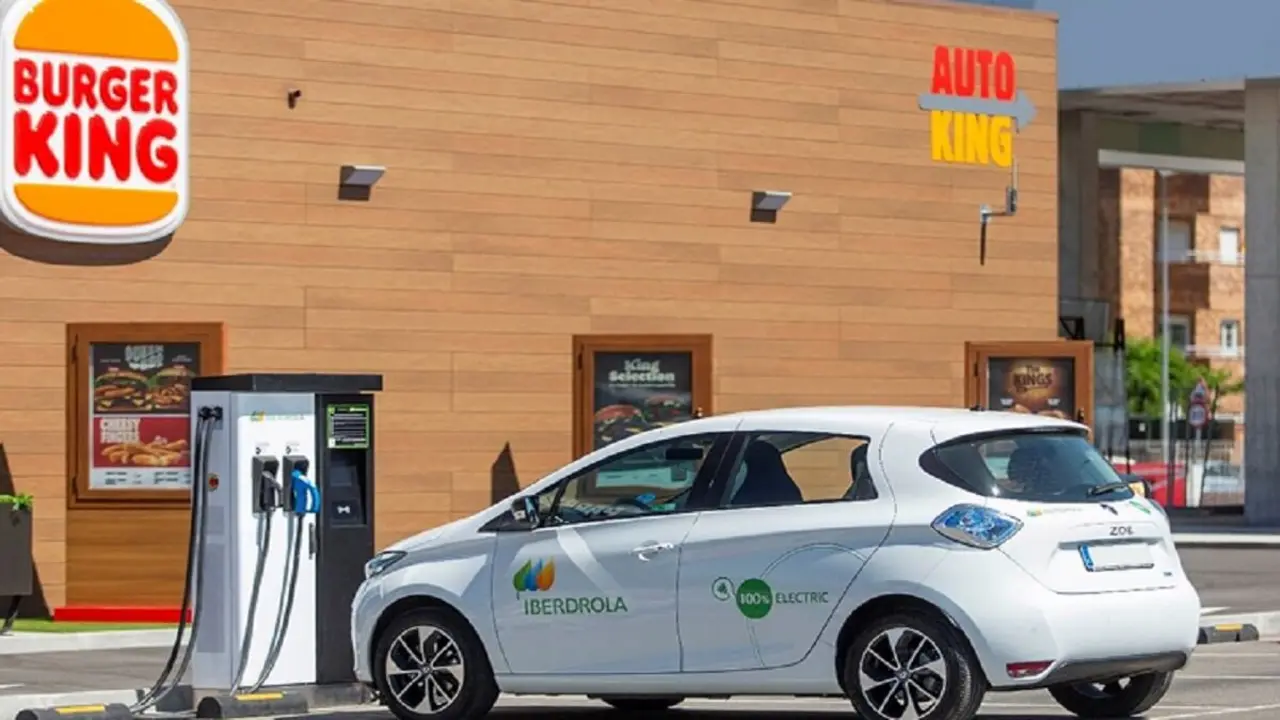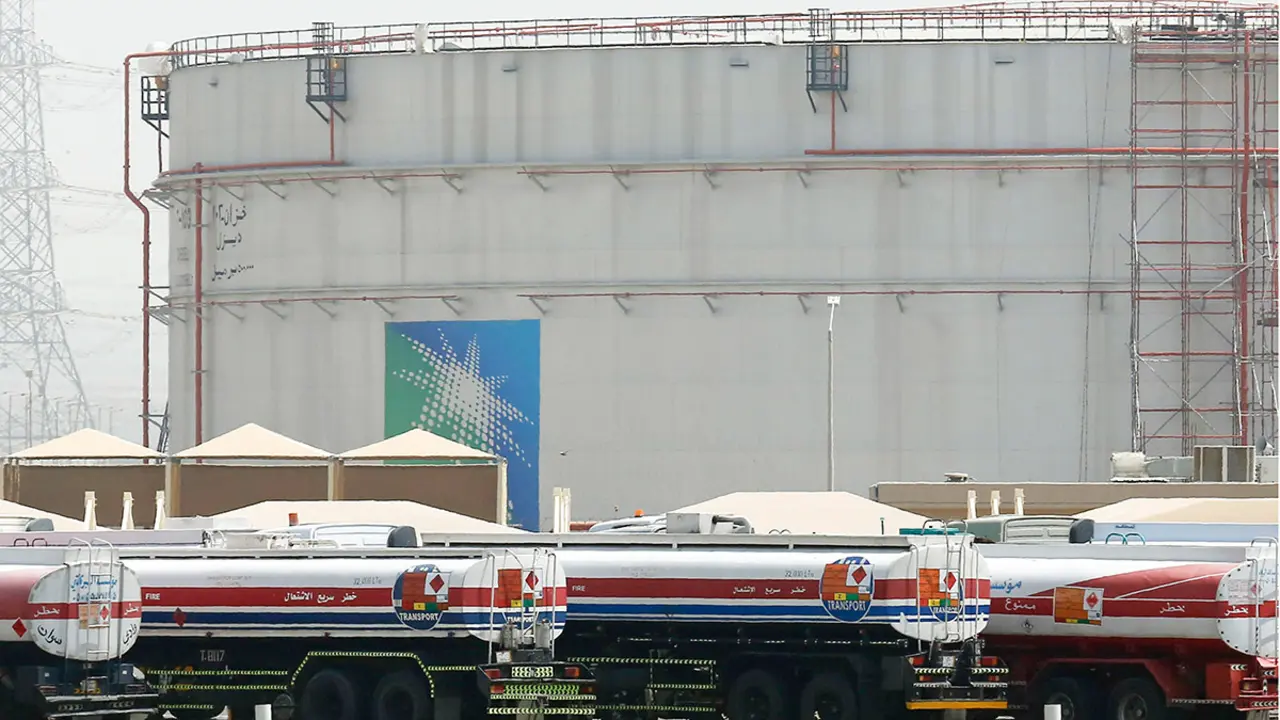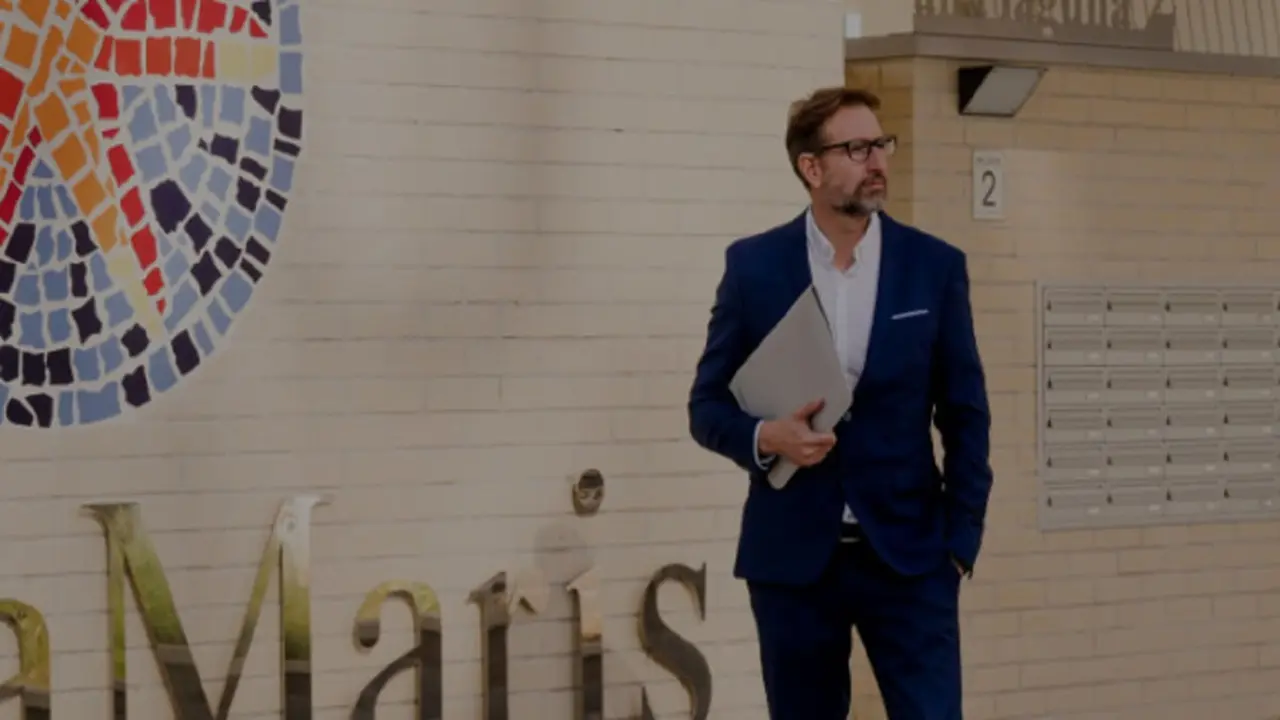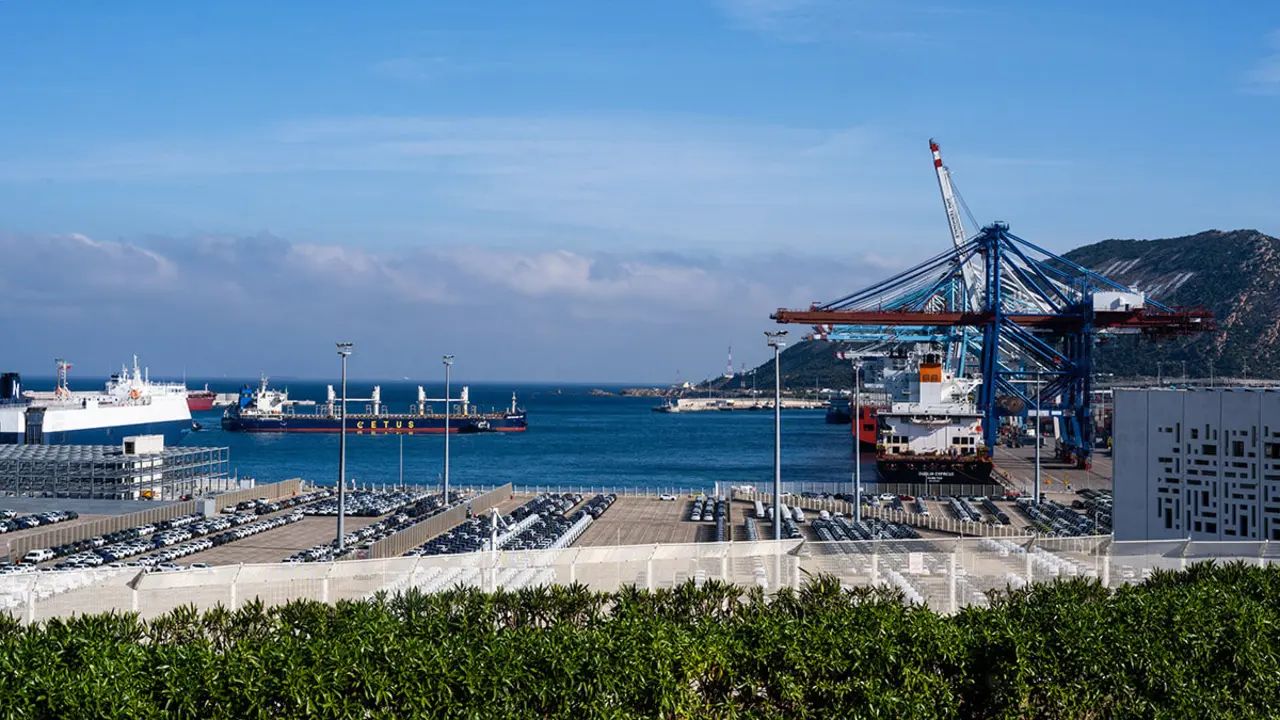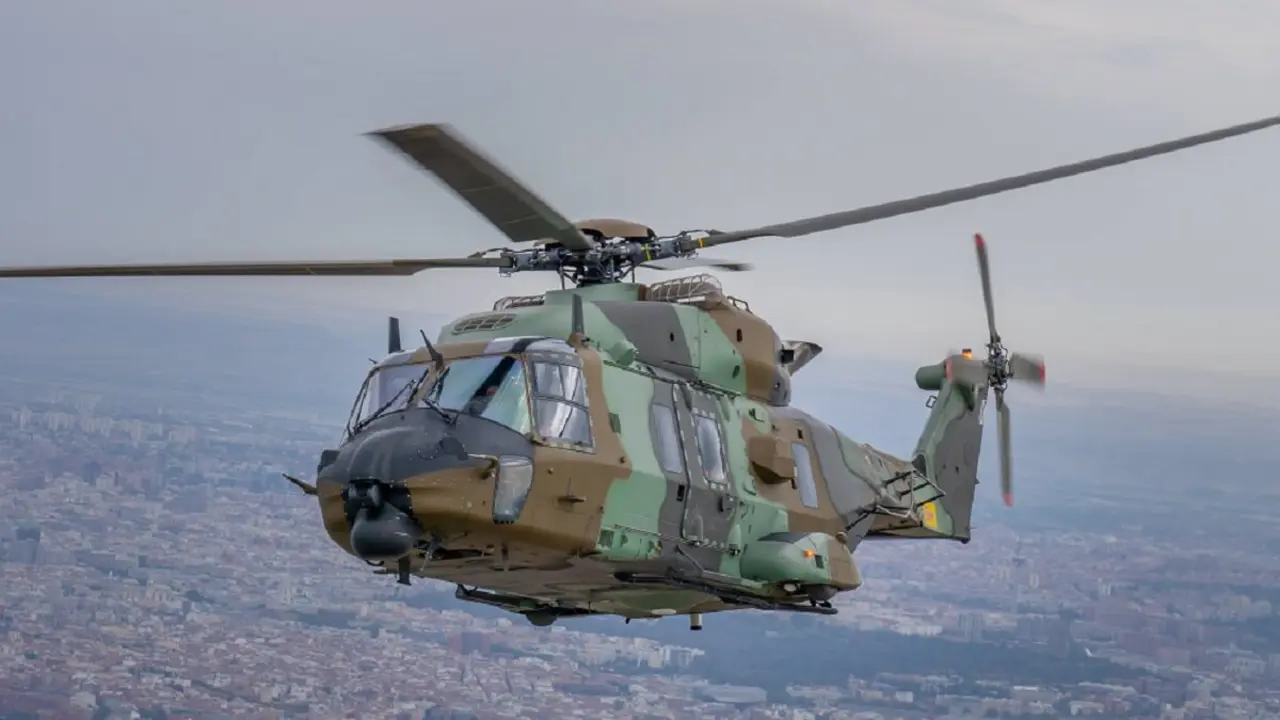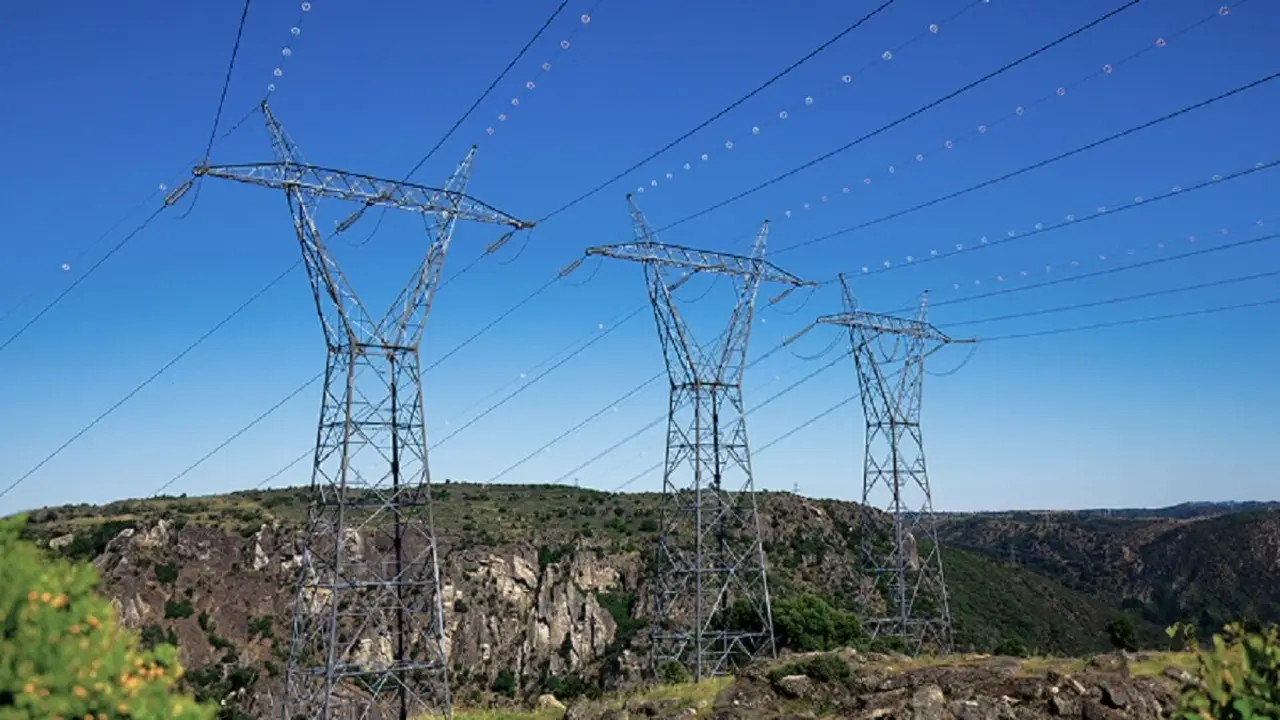Eco-Lys: the future of recycling in Morocco

On the occasion of the recent Spain-Morocco Business Meeting that took place in Casablanca, Atalayar was able to talk to Luis Alfonso de Borbón about the recycling company Eco-Lys and the future plans of the company and the facilities that exist to operate in Morocco.
What is Eco-Lys?
Eco-Lys is a company created by five partners, dedicated to plastic recycling. The idea was born almost a year and a half ago, when one of my current partners, who is also a relative and a good friend, came to help us to introduce us to some countries that he had seen in order to carry out this very task of plastic recycling.
Of course, because of the deal, because of the affinity, because of the friendship, I agreed to it. When they explained the business to me, I thought it was a very nice business for several reasons. First of all, because it is ecological, at the end of the day what you are doing is recycling plastic bottles and preventing further pollution.
On the other hand, I also found it very interesting from a human point of view. You give these people who collect rubbish in the dumps, and in this case who sort the bottles, economic means, even much better sanitary conditions than they have today. And then, of course, the business is very nice, and in this case it also introduces Morocco to the green economy and the circular economy.
What is Eco-Lys doing in Morocco?
We started setting up the company a year ago. At this point I have to say that the local authorities, not only with the support they have given us, but also with the guidance they have given us, have been very good. We have had a fantastic welcome and I would like to thank them from here. And, secondly, we (Eco-Lys) after having obtained a warehouse, brought expensive machinery from different countries, what we do today is to buy plastic, plastic bottle bales. We then break up the bales, clean them and grind them into pellets, which is what we then sell. We estimate that for every tonne of plastic we buy, we are creating one indirect job, in addition to the jobs that are created in the company.
Everything that is recycled here in Morocco can then be reused in other countries, such as Spain. What is the final objective of all the plastic recycled here?
Yes, it is. All the plastic that we recycle or the pellets that we obtain with certain qualities, dimensions and cleanliness are resold. It is like a raw material that even has a worldwide price nowadays, and we sell it both to companies or people interested locally and in Europe or all over the world. Nowadays, or increasingly so, recycled plastic is important because there are regulations that are going to come into force very soon, which are going to demand that 100% of plastic bottles come from recycled plastic and not from oil.
You say that in Morocco you have obtained all kinds of facilities, especially in terms of bureaucracy. If there is someone who is thinking of coming to work or invest, what could your experience help them?
From the very first moment, they have helped us a lot with all the bureaucratic aspects. One day, when we were asking for information about the process, they told us: "Look, you bring the money, make your company efficient, and we'll take care of the rest of the administration".
And the truth is that this is a marvellous thing. Because there are other countries where bureaucracy is precisely what puts business backwards. Here, on the contrary, they give you a silver platter so that you can dedicate yourself to what you know how to do and focus on being profitable with your company and creating employment and wealth.
Indeed. Thanks to the Investment Charter, they have facilitated and encouraged the arrival of investors who are not only interested in Morocco. Does Eco-Lys have any projects in any other country on the continent?
I think that Morocco, with King Mohamed VI at the head, has played a very important role in this opening up and in being precisely that gateway to the African continent. As far as our company is concerned, we try to source as much plastic and waste as possible, not only in Morocco. There is also a lot of plastic in many other countries. In fact, we are developing relations with countries like Mauritania or Senegal. We are open to this because, in the end, not only do we benefit from obtaining raw materials, but we also benefit all those countries because, indirectly, as I said before, for every tonne of plastic that is recovered, jobs are indirectly created.
Eco-Lys is also one of the Spanish companies that are committed to the African continent at a time when international conditions after the coronavirus pandemic and now with the Russian invasion of Ukraine are creating many problems. But nevertheless, you have decided to invest, with what I understand to be positive results.
War is something we all regret, but the world does not stop here. I mean, I think everyone has to move on, the economy has to move on. In this case, this is a green business, it is a business that creates jobs and wealth. If with our business we can help other more or less favoured countries, I believe that we will always do good, not only for the country and the population of that country, but also for the world, since we are talking about an ecological issue that is also important to emphasise.
Moreover, from an ecological point of view, not an ultra-ecological one. Because perhaps at times we are suffering from excessively repressive regulations that do not allow us to develop.
This is true. As you said, environmentalism is not about limiting people to do certain things, but quite the opposite. We are helping to clean up the planet without depriving people of other freedoms.
Regarding Mauritania and Senegal, what projects does Eco-Lys have for the coming years?
Our objective is, above all, to consolidate, to generate a good product. Granza has many characteristics, so we want to have a good product, then we can continue to improve it and, of course, cover more quantities. The more suppliers we have, the more we can invest to create more jobs, to create more wealth and to continue to clean the planet and preserve it.


